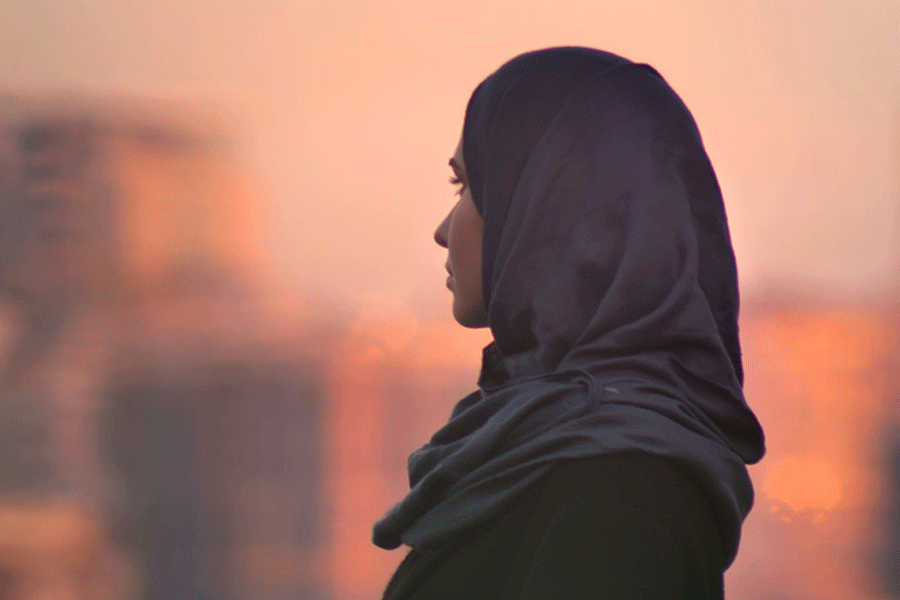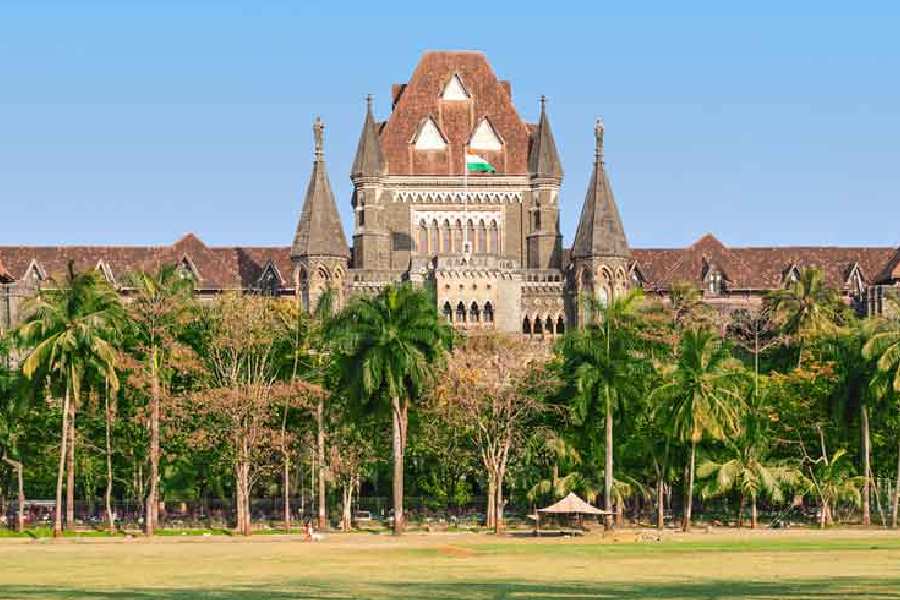A city-based college on Wednesday argued before the Bombay High Court that the ban on hijab, naqab and burka on its premises was only meant to enforce a uniform dress code and did not seek to target the Muslim community.
Nine female students last week moved the HC challenging the directive issued by the Chembur Trombay Education Society's N G Acharya and D K Marathe College imposing a dress code which bans hijab, naqab, burka, stoles, caps and any kind of badges.
The petitioners, second and third-year science degree students, said the rule violated their fundamental right to practice religion, right to privacy and "right to choice." The college's action was "arbitrary, unreasonable, bad in law and perverse", they claimed.
A division bench of Justices A S Chandurkar and Rajesh Patil on Wednesday asked the petitioners' lawyer which religious authority says that wearing a hijab is an essential part of Islam. The court also asked the college management whether it had the power to impose such a ban.
After hearing arguments from both the sides, the high court said it would pass an order on June 26.
Advocate Altaf Khan, the petitioners' lawyer, cited certain verses from the Quran to support their contention.
Besides the right to practice one's religion, the petitioners were also relying on their "right to choice and privacy", he said.
Senior counsel Anil Anturkar, appearing for the college, said the dress code was for students of every religion and caste.
"This is not an order against Muslims alone. This dress code restriction is for all religions. This is so that students need not openly roam around disclosing their religion. People come to college to study. Let the students do that and focus only on that and leave everything else outside," he argued.
Wearing hijab, naqab or burka is not an essential part or practice of Islam, advocate Anturkar argued, adding, "If tomorrow a student comes dressed in full 'bhagwa' (saffron) clothing, the college will oppose that too. Why is it necessary to openly disclose one's religion or caste? Will a Brahmin roam around with his sacred thread outside his clothes?" The college management is providing a room where students can change out of their hijabs before going to classrooms, the lawyer pointed out.
Advocate Khan, on the other hand, argued that until now the petitioners and several other students attended classes wearing hijab, naqab and burka, and it was not an issue.
"Now what happened suddenly? Why was this ban imposed now? The dress code directive says wear decent clothes. So is the college management saying that hijab, naqab and burka are indecent clothing or revealing (clothing)?" he asked.
The petition claimed that the college's directive was "nothing but colourable exercise of power".
Before moving the court, they approached the chancellor and vice chancellor of the University of Mumbai and also the University Grant Commission (UGC) seeking their intervention "to upkeep the spirit of imparting education to all citizens without discrimination", but did not receive any response, the petition said.
Except for the headline, this story has not been edited by The Telegraph Online staff and has been published from a syndicated feed.












